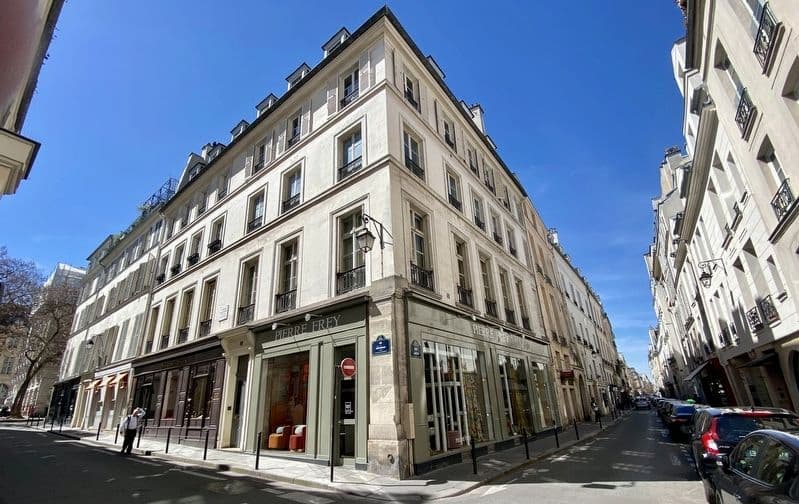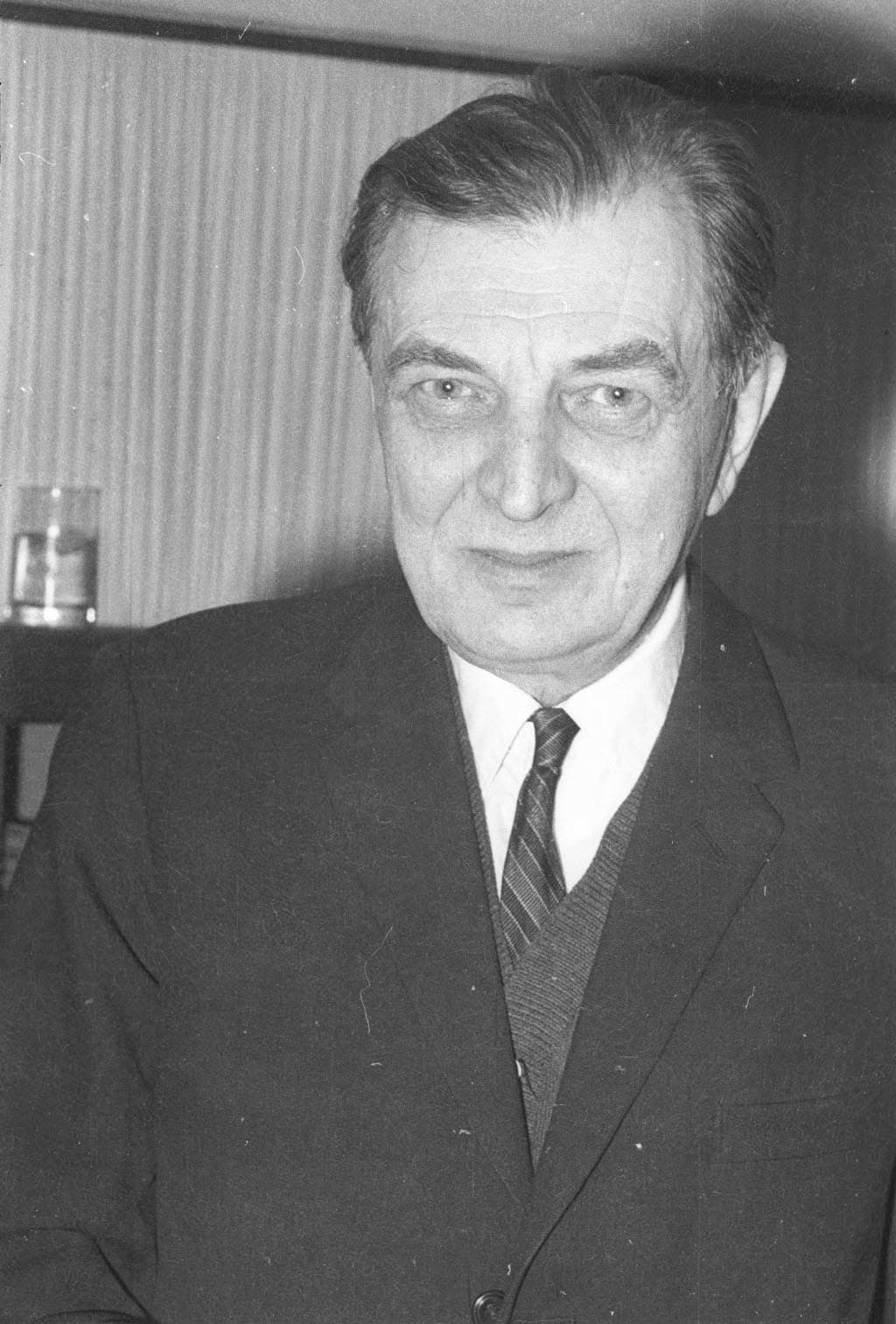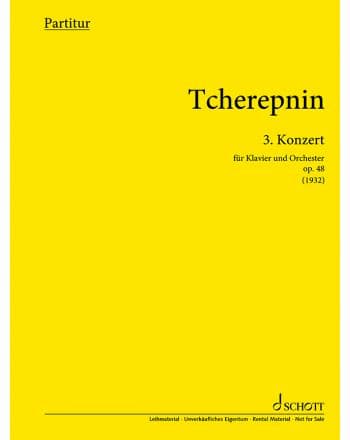Alexander Tcherepnin (1899-1977) was frequently described as a “musical citizen of the world, a composer who belongs to many countries and cultures.” As an expatriate artist, he spent his lifetime moving from country to country, but he remained deeply connected with Russian musical traditions.
Musical Nomad

The young Alexander Tcherepnin
As he explained to a friend, “My fate has been to lead a life abroad, and although the French consider me one of the composers of the École de Paris, émigré Georgians consider me a Georgian composer, the Chinese consider me a Chinese composer, and Americans consider me an American, I feel like a Russian composer. I continue to think and to compose in Russian.”
The Third Piano Concerto, unfolding in two movements and premiered on 5 February 1932, arose during wide-ranging travels that brought the composer from Boston to Cairo and Jerusalem and veritably took him throughout ancient Europe. Drafted in 1931-32, the work has no literary association but is connected to the idea of travel.
Alexander Tcherepnin: Piano Concerto No. 3, Op. 48 “Moderato” (Noriko Ogawa, piano; Singapore Symphony Orchestra; Lan Shui, cond.)
In Paris

The Paris home of Alexander Tcherepnin
Tcherepnin moved to Paris with his parents in 1921 and would call the city home until roughly 1933. He was greatly attracted by the artistic energy of the city, and particularly to Nadia Boulanger, Gertrude Stein, and Igor Stravinsky. And he quickly realized that he shared in the anti-impressionist ideas of “Les Six.”
Tcherepnin launched his international career as a pianist and composer from Paris. He won a number of prizes and embarked on yearly concert tours to the United States, yet he was restlessly searching for a new direction in his compositions. Tcherepnin was looking for a way to escape what he called “my own self-imposed technical formulas and a more direct approach for expressing my art.”

Alexander Tcherepnin
A keen musical and cultural observer, Tcherepnin wrote, “Interestingly, the influence of Paris has generally had on foreign composers has been to make them find and to be themselves. Chopin didn’t develop a French style because he lived in Paris but became, if anything, more Polish. The same thing happened to composers like Albeniz and Copland.” In the end, he joined a group of composers known as the “École de Paris,” which also included the likes of Arthur Honegger, Bohuslav Martinu, Marcel Mihalovici, Tibor Harsányi, and Conrad Beck.
Alexander Tcherepnin: Piano Trio, Op. 34
Towards Clarity and larger Forms
Tcherepnin began to establish his unique style and musical language during his time in Paris. Initially, it was a “road of simplification” in works of a neo-classical style and based on motoric rhythms and variation techniques. Simplification, however, was not the way to go, and Tcherepnin moved in the opposite direction by producing works of exemplary clarity, biting dissonances, and complex polyphonic structures.

Alexander Tcherepnin’s Piano Concerto No. 3
By the late 1920s, Tcherepnin introduced works in larger forms and clear textures with highly active part writing. And the Piano Concerto No. 3 certainly belongs in this category. As previously mentioned, the opening movement is connected with the idea of travel and transition. The composer writes, “This is symbolized above all by the first theme, three bars in length, initially introduced by the two solo bassoons: a theme inspired by the song of Egyptian boatmen on the Nile.” The first port of call is given to the piano, and a travel theme transports us to the second port of call.
Tcherepnin casts his second movement in the form of a fugue. He employs all manner of polyphonic devices, all adapted to his own sense of harmony. Four themes are presented two by two, the first pair by the piano solo and the second by the strings over a rhythmic foundation provided by the piano. A noted performer writes, “Tcherepnin endows the fugue with dramatic variety and shape, introducing an episode where percussion is prominent after the midpoint and concluding with a noble coda in which the main theme waxes grandiose at half tempo.”
For more of the best in classical music, sign up for our E-Newsletter
Alexander Tcherepnin: Piano Concerto No. 3, Op. 48 “Allegro” (Noriko Ogawa, piano; Singapore Symphony Orchestra; Lan Shui, cond.)
